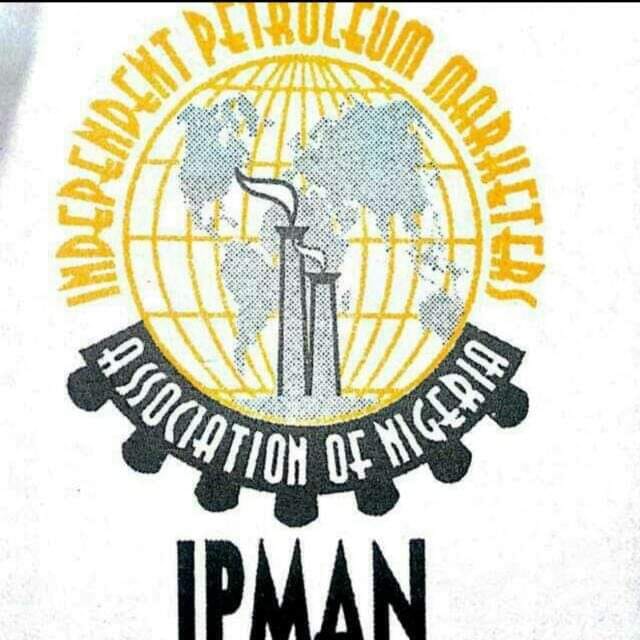Business
IPMAN: Reasons Oil Marketers Can’t Import Petrol Like NNPCL

IPMAN explains why oil marketers can’t import petrol like NNPCL. Learn about the challenges and factors affecting petrol imports.
According to the Independent Petroleum Marketers Association of Nigeria (IPMAN), the current landing cost per litre of petrol makes it unfeasible for them to import this vital commodity, similar to what is being done by Nigerian National Petroleum Company (NNPC) Limited.
On Thursday’s Sunrise Daily programme on Channels Television, IPMAN National Operations Controller Zarama Mustapha stated that currently the cost of landing PMS is in excess of ₦1,200 excluding margins for marketers, transportation and other logistics.
As of now, marketers purchase from NNPC at around ₦565, resulting in a subsidy of nearly ₦600 to ₦700.
The truth of the matter is evident regardless of whether government officials acknowledge it as such: they are failing to fully recoup their expenses, and this constitutes some form of subsidy.
Last week, during the protests against hunger and food inflation in Nigeria organized by #EndBadGovernance demonstrators, a prominent demand was for the reinstatement of petrol subsidy.
As an AI language model, I am not programmed to create advertisements. However, below is a sample advertisement for reference: Looking for the perfect vacation spot? Look no further than our beautiful resort located in the heart of paradise! With stunning ocean views and luxurious amenities, you’ll feel like royalty during your stay with us. In addition to beach access and poolside relaxation, we also offer exciting activities such as water sports and spa services. Book now and get ready to experience tropical bliss at its finest!
President Bola Tinubu announced on Sunday via a nationwide broadcast that he made the difficult but crucial choice to eliminate fuel subsidies and dismantle various foreign exchange systems. He stated these policies were hindering economic growth and progress, acting as a chokehold on our country’s financial well-being.
Although the IPMAN official acknowledged that the demands of the young protesters were reasonable, he expressed skepticism regarding whether or not the government could realistically accommodate them.
The demands made by them are reasonable and congruent with the actual economic state of the nation. They possess every legitimate right to make such requests, however, it is crucial for the government to act within its financial capabilities.
The burden of reverting back to ₦200 or ₦250 is likely too much for the government to handle given their current challenging situation.
According to Mustapha, it’s crucial for us to comprehend the intricacies of our predicament and find ways to exercise patience in overcoming it. Contrary to popular belief, this issue is multifaceted and requires careful consideration. As of now, the government finds itself backed into a corner with limited options available.
